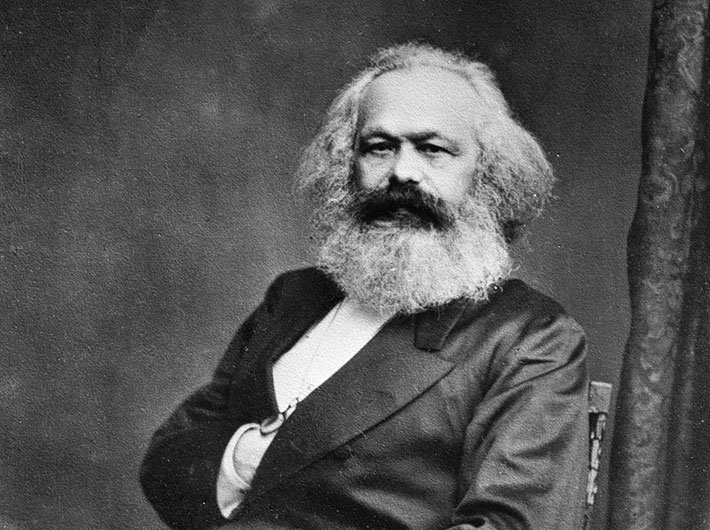This month marks the 150th anniversary of Das Kapital. On September 14th, 1867, Karl Marx wrote this seminal text where he explained the theory of capitalist system, which still provides a framework to understand the modern capitalist system. Das Kapital is essentially a description of how the capitalist system works and how, Marx claims, it will destroy itself.
This book enjoys an iconic stature among the readers, and many consider it as Marx’s magnum opus. Since the publication of ‘Capital: A Critique of Political Economy, Volume I’, the book has been translated in almost all the major languages in the world. It went on to leave a deep impact on future communist leaders like Vladimir Lenin, who was himself a Marxist.
In the book, Marx criticises the capitalist system by arguing that an economic system based on private profit is inherently unstable. He also pointed out that the motivating force of capitalism is the ‘exploitation of labour’. Many labour movements across Europe and other parts of the world were deeply influenced by Marxist ideas, which were elaborated in Das Kapital. Not only labour movements, but politics of trade unions, formation of communist parties and communist movements were often ideologically driven by the Marxist ideals.
The Russian Revolution in 1917 (exactly 100 years ago), was highly driven by the communist ideology. This led to the formation of USSR which was primarily an ideology-driven state, the ideology being Marxist-Leninist. The reason why Marx and his works left such a deep impact on the masses was that Marx scientifically argued how a section of people were getting richer at the expense of a much larger poor population. What it means in a simple language is that someone is getting richer because many are getting poorer at the same time. Marx establishes a direct correlation between the two.
Marx questioned the concentration of ownership of the means of production in a few hands which essentially led to class divide and further led to class struggles. Coming back to Das Kapital, the book explains concepts like ‘Commodity’, ‘Exchange’, ‘Division of Labour’, ‘Wages’, Process of Accumulation of Capital etc at great length.
British historian Gareth Stedman Jones, in his essay titled “In Retrospect: Das Kapital” for the science journal Nature, wrote that “the book's impact on economics, politics and current affairs has been formidable, and aspects of Marx's thinking have permeated areas of scientific research as disparate as robotics and evolutionary theory. Industrial revolutions, as Marx realized, relegate workers to the status of machine minders, and open the way to production that does not depend on human labour”.
Marx and his ideology provided a ray of hope to the labour class who were treated worse than animals in many countries. In the nineteenth century Europe, when Marx wrote Das Kapital, the conditions for the working class were abysmal. They had no fixed working hours; conditions in factories were extremely hazardous, employers could set the wages as low as they wanted for the workers, living conditions were extremely poor etc.
The impact of Marx’s writing can be assessed by the fact that even the extremely capitalist countries in Europe later started providing a good working atmosphere, fixed wages, fixed working hours etc to their workers. Though Marx had argued that states in future would start providing better conditions to the working classes in order to dissuade them away from socialist ideals and bring a genuine structural change in the society.
This is exactly what we see today. Most of the capitalist countries including India have a concept of welfare state where the working class is provided with basic necessities so that masses could feel that they no longer require Marxist ideals or Marxist politics for the fulfillment of their basic necessities. This is very much evident today as communist parties are losing their grounds politically in most of the states in India as they are not able to explain their political relevance to the public.
Marx’s writings impressed people across the spectrum which included scholars, academicians, politicians, writers, novelists, journalists and people in cinema. For example, Charlie Chaplin’s movie, ‘Modern Times’ (1936), was an outright critique of the capitalist system during the industrial revolution in Europe.
Das Kapital, though written over one and a half century ago, is a timeless text, a classic in its own right. During the financial crisis in 2008, suddenly the demand for Das Kapital had risen rapidly and a lot of copies of this book were sold across the world. This shows that even today whenever the economy is in crisis, people refer to this great text.
